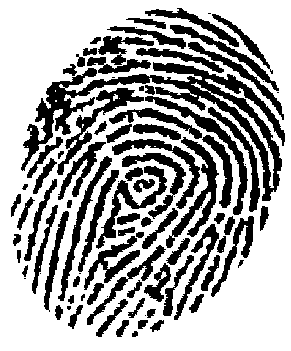
On Identity
The first thing people ask me when they haven’t seen me in a while is “How’s StepOut?”. I find it playfully amusing that, to others, I’m the “Indian online dating guy”. Not because I have any particular special amused sentiment towards India, online dating, or the web itself, just because it’s something I never thought I’d be doing professionally.
Work as Self
I used to hate pitching the company. Especially when, after the thrilling highs and sky-high expectations of being an early Techstars company, we were in the trough of sorrow. Later, when we started to become more successful, pitching the company became a source of pride for me. Funny thing how it tickles your ego to brag about how successful your fledgling project is. It makes you feel competent. Successful. Prideful. Like a leader who, at a time when the economy is in trouble and uncertainty in the world is high, is lighting the way towards for a plausible 21st century for our country.
One thing I never expected when starting this company was how, when you’re the founder of a startup, so your personal identity is coupled with your project. What’s dangerous about that is that startups, by their very definition, are extremely volatile. If you’re not careful, you’ll be so filled with pride that you’ll be walking on sunshine on one day and the next you’ll be filled with seemingly insurmountable nervous energy and anxiety.
I guess that’s why it’s so important to be internally motivated. If your ego depends on your money, your success, or any other 21st century status symbols to construct your idea of yourself, you are going to end up manic depressive. Especially since people have such an ability to normalize their personal situation with their surroundings. The startup scene in a hot market like Palo Alto or New York is like “Keeping up with the Joneses” on crack.
Immutable Identity
I suppose who you end up as as an adult is not necessarily who you thought you would be when you were a child. When I was filled with the naivety of a child, I used to think that my identity as an adult was immutable. It wouldn’t ever change. I’d be a grown up, and that’d be who I was. I’d have a job. And a car. And I’d drive to work and work 8 hours, and then come home to my wife. And that’d be the way it was for 40 years. It’d be like in The Simpsons where Homer never gets any older, and Bart is always in the fourth grade.
But the thing is; life isn’t like that. Identity is immutable. It’s always changing. It ebbs and flows. Day over day. Month over month.
In Zen Buddhism they teach the concept of the Original Identity. A novice meditator, unable to clear his mind of thoughts, is trained to ask the question “What did your face look like before you were born?“. It’s a proxy exercise for teaching understanding of the ‘self’.
Richard Linklater, director of the cult classic indie movie Waking Life puts it way more articulately than I ever could:
You know that thing Benedict Anderson says about identity? No?
Well, he’s talking about like, say, a baby picture.
So you pick up this picture, this two-dimensional image, and you say, “That’s me.”
Well, to connect this baby in this weird little image…
with yourself living and breathing in the present,
you have to make up a story like, “This was me when I was a year old,
“and later I had long hair, and then we moved to Riverdale,
and now here I am.”
So it takes a story that’s actually a fiction…
to make you and the baby in the picture identical to create your identity.
And the funny thing is, our cells are completely regenerating every seven years.
We’ve already become completely different people several times over,
and yet we always remain quintessentially ourselves.
What did your facebook look like before you were born?
Do you ever feel like you’re looking in the mirror when you look at your facebook profile? Try it. Your facebook profile is who you *choose* to present to the world. Maintaining this page is the digital equivalent to doing your hair in the bathroom mirror in the morning.
The earth-shattering thing about Facebook timeline is the explicit recognition by a major tech company of an idea as fundamentally radical as immutable identity. The timeline interface gives you a cohesive view of your self over time. Behind the glowing navigation on their UI is the potential for a lifetimes worth of nostalgia.
No wonder people come back every day.
What does postmodern personal private identity look like?
If a postmodern consumer is trained to look at their Facebook profile for their public identity, where will they look to understand their personal private self?
That’s a good question.
Before you go to bed tonight. Ask yourself: What is your self?